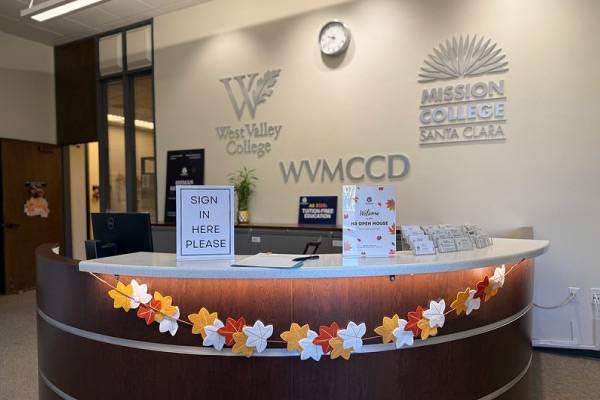
Our District is richly diverse in cultures, language groups, and abilities. Here in Human Resources, we work to consistently attract, retain, train, and develop a skilled, diverse workforce. We strive to foster innovative and collaborative work environments that support our employees as they provide inclusive student-centered learning environments for our students to reach their goals.
Helpful Links
About Human Resources
Our focus is supporting our employees. Our staff is committed to providing guidance on various requests and services. The department is an excellent resource for employees and the public to obtain information and assistance with current employment opportunities, health benefits, salary placement, promotional opportunities, retirement system procedures, and many other services.
We continually support an environment that maintains compliance with associated government regulations and collective bargaining agreements.
